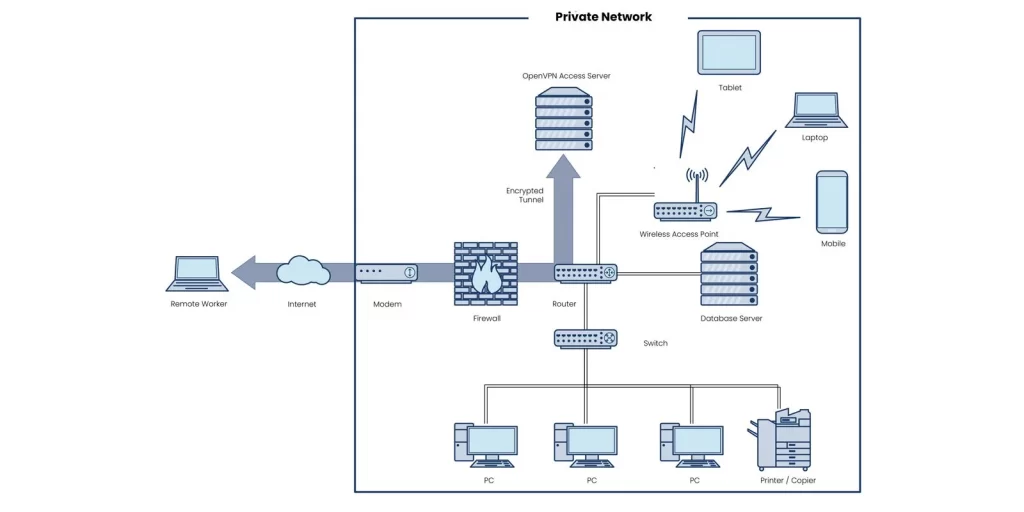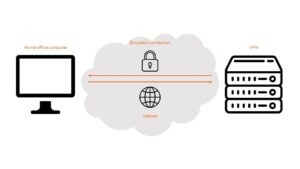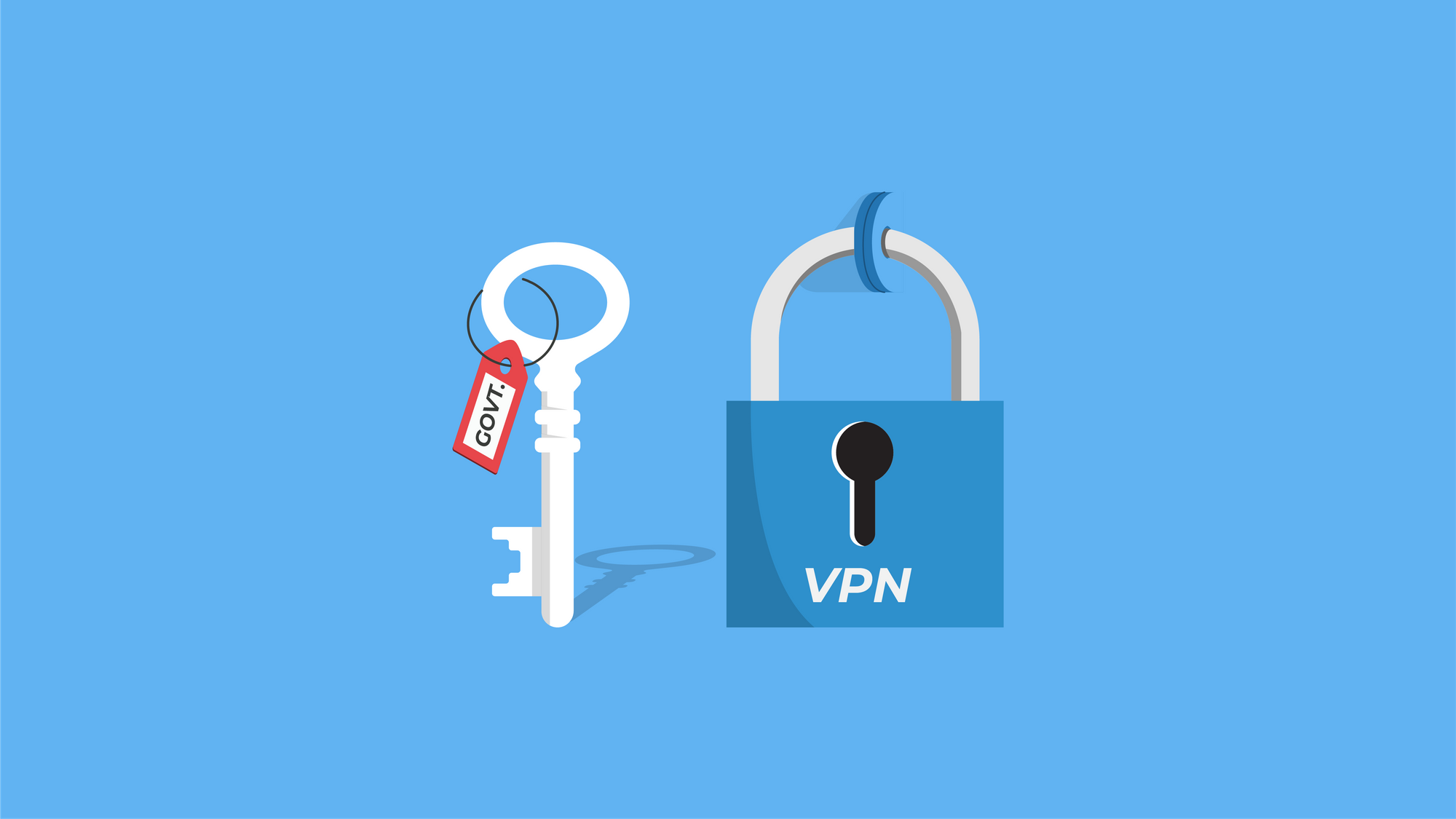What is a VPN?
Introduction
VPN is an acronym for “Virtual Private Network”. A public network may not safeguard your privacy, so the VPNs provide you a network connection while using the public network which is protected. Connecting to a VPN does not let any third parties track your online activities, hurting your privacy and stealing data. But how is a VPN able to do so? What are its benefits? Is even a VPN so secure? Or even some of you might not be knowing how to connect to this network? If you know then, how to use it safely? You are on the right blog!
How does a VPN work?
Your IP address is the key to your privacy. In case anyone comes to know your IP address, your identity will be in danger. So a VPN simply hides your IP address. When you connect your device to a VPN it redirects your network through a special remote server run by the host and your online identity can’t be revealed. This means that the VPN server becomes your Internet Service Provider (ISP). Now no one can see which websites you visit or what data you have sent and received. A VPN becomes your Iron Man suit, it’s useless to try to touch your data.
What are the benefits of a VPN connection?

Secure encryption is the great service a VPN provides you. An encryption key is needed to access your data, VPN secures that key without which a computer would take millions of years to crack the encryption code. A VPN does not let hackers and cyber criminals kidnap or kill your data. This also Secures your data transfer.
It disguises your online identity through VPN servers that become your proxies on the internet. The server’s location is from another country so your actual location is not known to anyone.
Access to regional content means a content limited to a region can be accessed by you if you use a VPN server of that region. Your internet service provider knows your location and does not let you access international contents. Using VPN location spoofing , you can change your server to any location. One of the best uses of this service for accessing geographically restricted videos on Netflix or YouTube.
How to install a VPN on a Computer?
You can install a VPN through different methods, dirent on your computer software, or on the browser extension or on the router to which all your devices are connected. Let us discuss each one.

VPN clients
In order to use a VPN, you must first install the appropriate software on your device. This software will be configured to meet the specific requirements of the VPN service you are using. Once you have set up the VPN, you will then be able to connect to the other endpoint and establish an encrypted connection. In many cases, this will require you to enter a password that has been issued by your company or to install a suitable certificate.
Browser extensions
Browser extensions make it easy to switch and configure your VPN, and they are available for most popular browsers, including Google Chrome and Firefox. Opera even has its own integrated VPN extension. Extensions make it easier for users to quickly switch and configure their VPN while surfing the internet. But, the VPN works for a particular browser only. Browser extensions are perfect for those who want an extra layer of encryption if they already have VPN clients.
Router VPN
If you wish to protect all your devices then to install a VPN on your router is the best idea. This is especially useful if you want to protect devices that are not easy to configure, such as smart TVs. This is also easy to install but hard to manage your router.
How to install a VPN connection on your smartphone
The VPN connections are easy on Android smartphones and iPhones. Just install a trusted app from google play store or apple play store. The app’s user interface will be friendly enough to get you connected to a VPN. you can also switch your server and fake your location through the app.
How to surf securely with a VPN?
Your net surfing is encrypted by your VPN. So your ISP cannot recognize where you are surfing. Here are two things to keep in mind while surfing through a VPN:
- Providing access to important files through intranets or extranets can save from exposing files to the whole network of VPNs.
- Every device connected to a VPN server can infect the whole network if it has a virus. So it is better to provide strong antivirus or personal firewall protection to your device while using a VPN.
Is a VPN really so secure?
A VPN does not guarantee your protection from Trojans, viruses, bots or other malwares. So, It is crucial to remember that VPNs are not a replacement for anti-virus software. They will protect your IP address and encrypt your internet history, but a VPN connection cannot safeguard your computer from external threats.
A VPN service has access to your data through their servers. They can store data logs and may sell it to third parties or what if someone hacks the VPN server. Serious and devoted VPN providers can only keep your privacy first and foremost.
Conclusion
A VPN connection is the best way to keep your data protected when using the web. By passing all of your data traffic through an encrypted virtual funnel, your IP address is hidden from everyone. So, it is impossible for anyone to get your location or steal your data. A VPN connection is also the best way to protect yourself from cyber attacks.
A VPN is a great way to access regionally restricted content, you can do this sitting anywhere in the world. As more and more people are getting to the world of smartphones to surf the internet, there is an increasing demand for ways to keep mobile data traffic anonymous. VPN providers are appearing in response to this need, and can be found in the Google Play Store or the iOS App Store.


